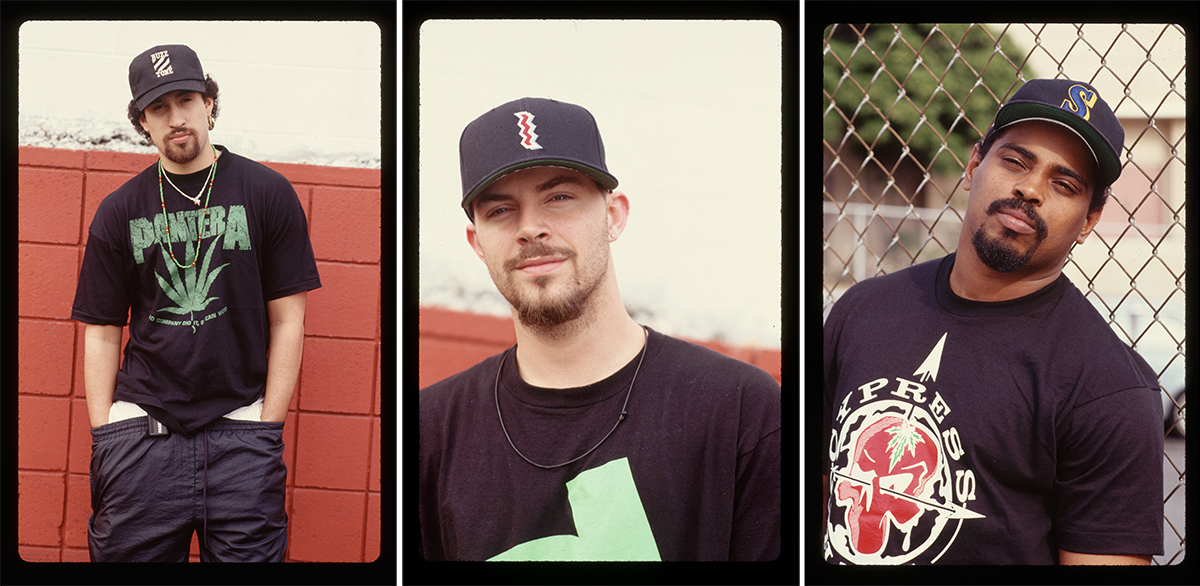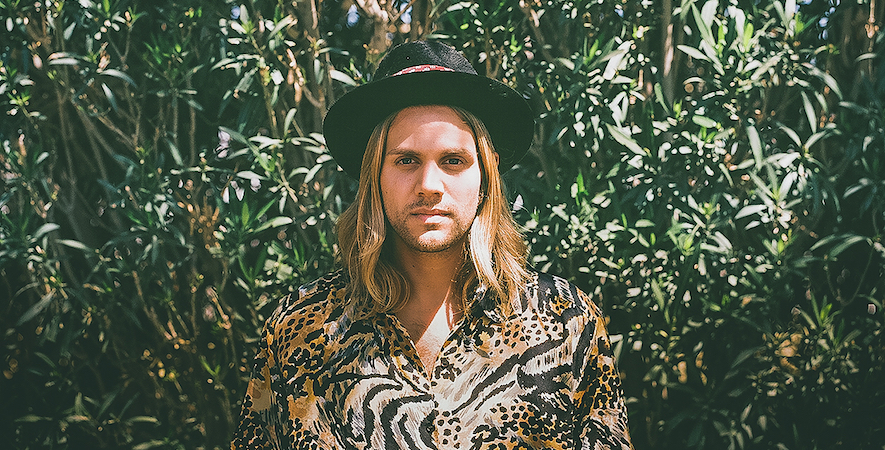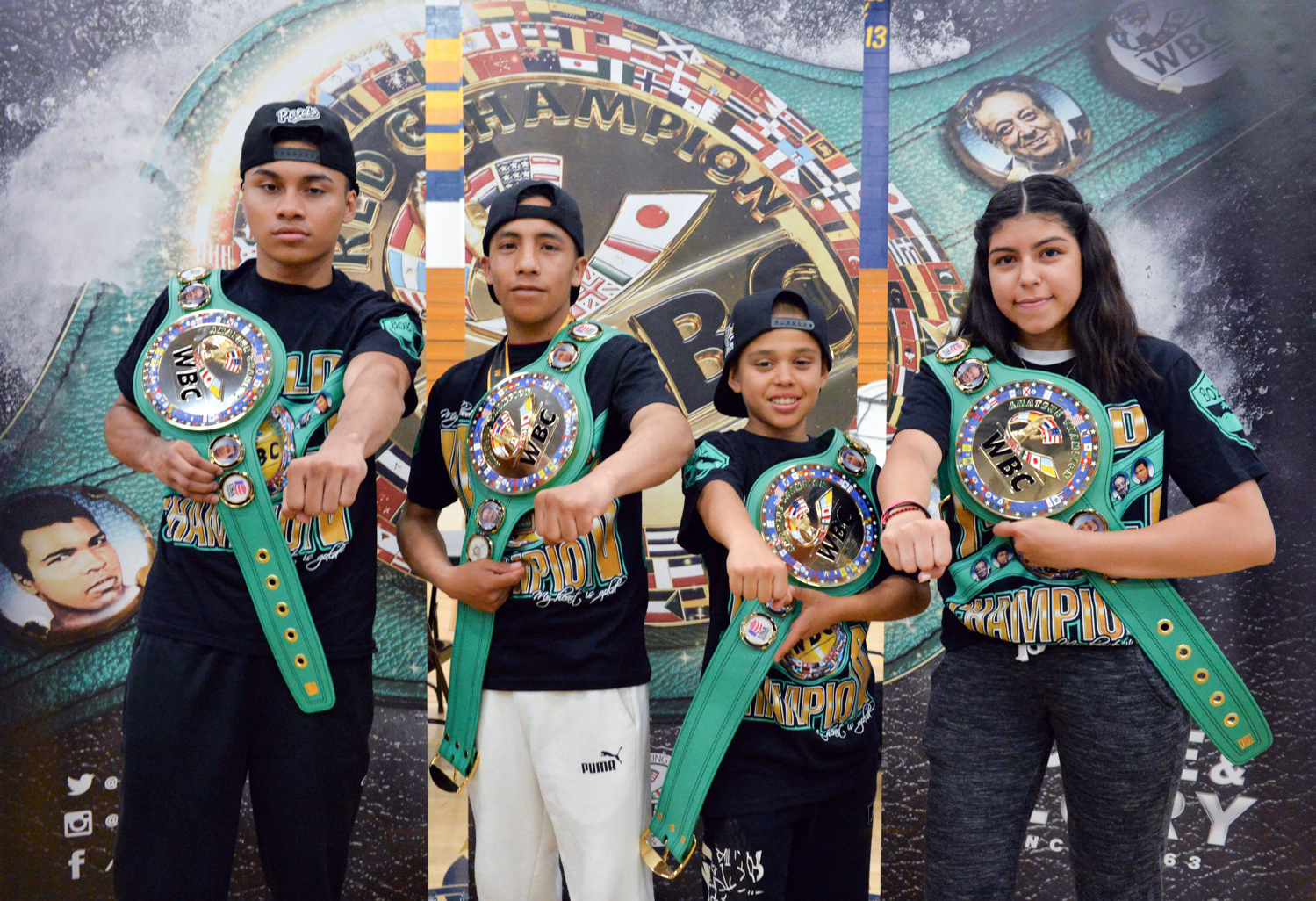
From the late ‘80s to the early ‘90s, hip hop rose from a community of resilience in the Bronx, New York. Hip hop grew more popular and spread west, eventually mixing cultures and evolving.
Latino and Caribbean-Americans have expressed their own twist to the urban scene and made what we know today as Latin hip hop: hip hop by Latin American artists in the U.S. and Spanish-speaking countries in the Caribbean, Central America and South America.
This fusion of genres played a part in the cultivation of hip hop for a long time, but it is only now that Latin hip hop is receiving recognition for its unique creative take on the genre.
Some may be dubious of Latinos and Caribbean-American’s contribution to the genre, but in an interview, Latino hip hop artist Fat Joe confirms, “When you go back to the history books, the music, the parties, the jams that we all talk about — from day one it was [Latino and Black].”
A pioneer of Latin hip hop’s early development was Jonny Z, who combined Spanglish lyrics with freestyle, salsa, mambo, and Mexican Banda. During this time, this was considered ground-breaking. It was a contrast to the already present genres accepted by American listeners. His first hit was “Shake-Shake” in 1993 which made Billboard’s Top 40. Because of Jonny Z’s work, the Latin hip hop sound grew more accepted and spread to radios across the U.S.
Another influential Latino in Latin hip hop was Mellow Man Ace, who was the first artist with a major bilingual single in 1989 attached to his album Escape from Havana. One of his popularized songs “Mentirosa” made the top 20s. He is considered the “Godfather of Latin Rap.” Mellow Man Ace was also part of a project called Latin Alliance and DVX (later called Cypress Hill).
Cypress Hill was one of the first Latino hip hop groups. Signed with Ruffhouse Records, they released two albums which hit triple platinum after a crossover with their song “Insane in the Brain.” Recently, the group was awarded their very own star on the Walk of Fame on April 18.
We cannot forget the work of hip hop’s founders. The relevance of Latin hip hop is important, especially for young listeners. The genre has become more prominent in our local pop stations today with MCs and artists like Fat Joe, Daddy Yankee or even Nitty Scott. Seeing people like them doing what they love is an inspiration and makes almost anything seem possible. They are extensions of those who came before them, and they are pathing the way for those to come.






